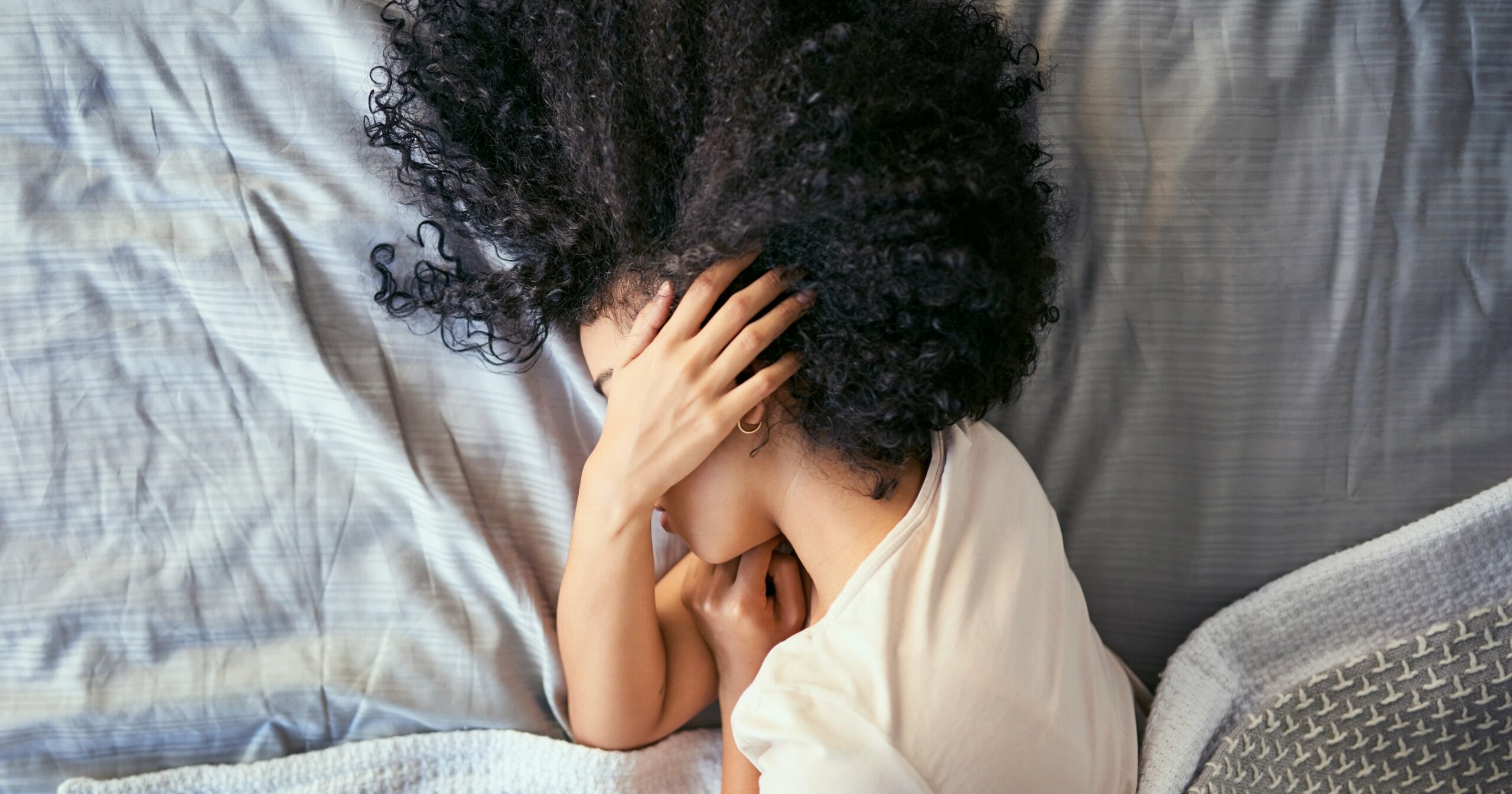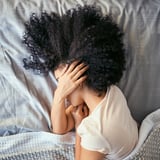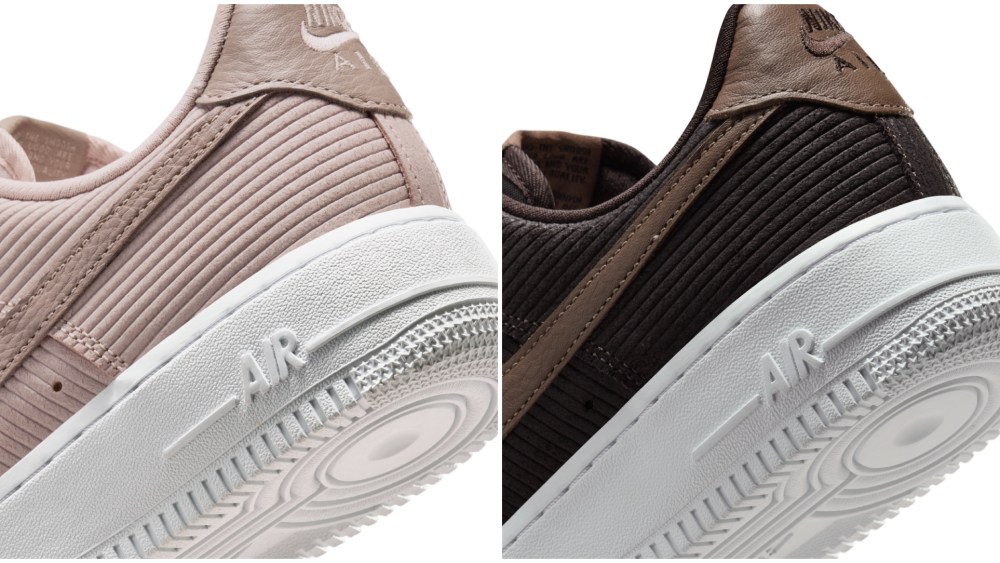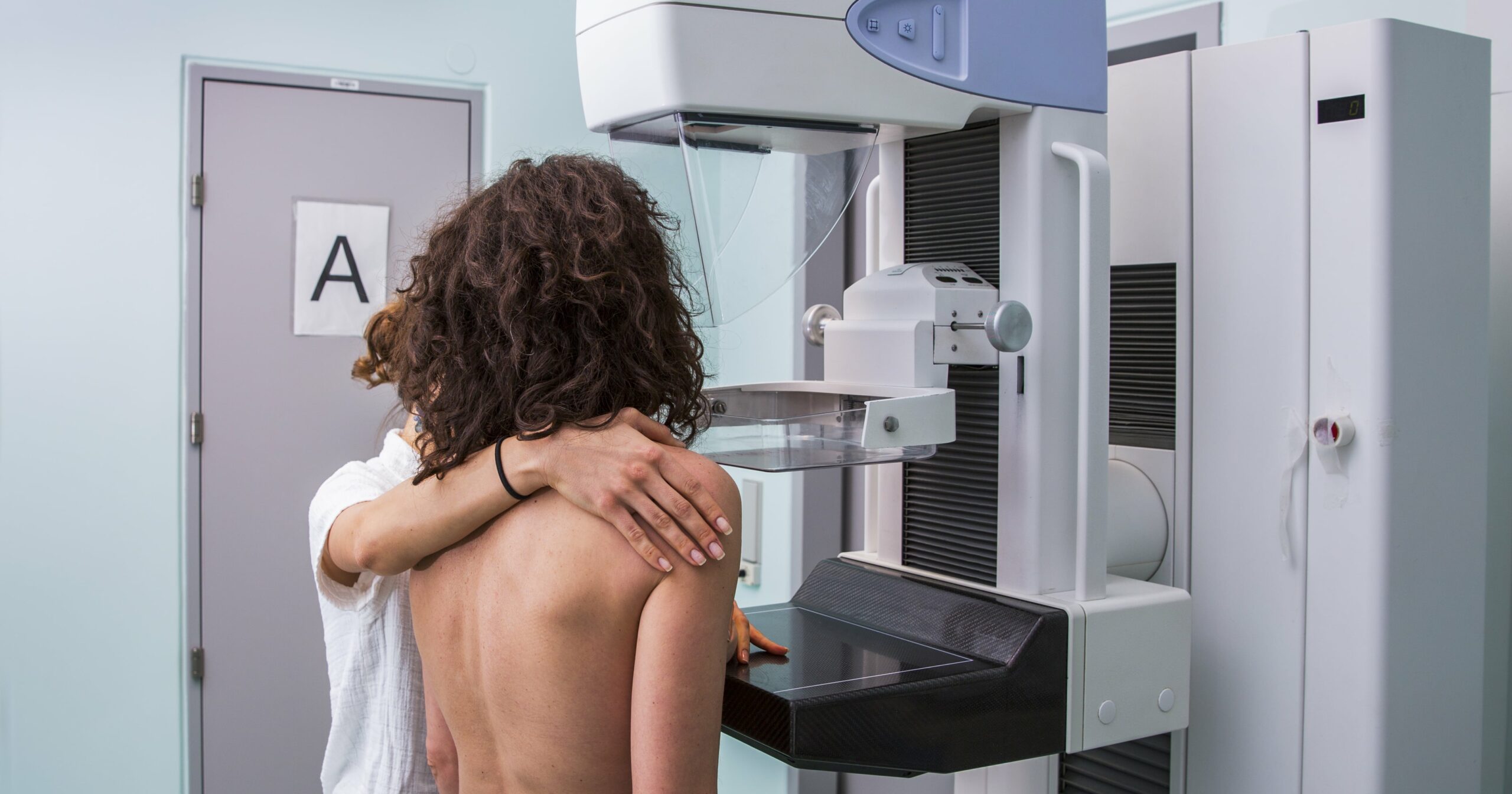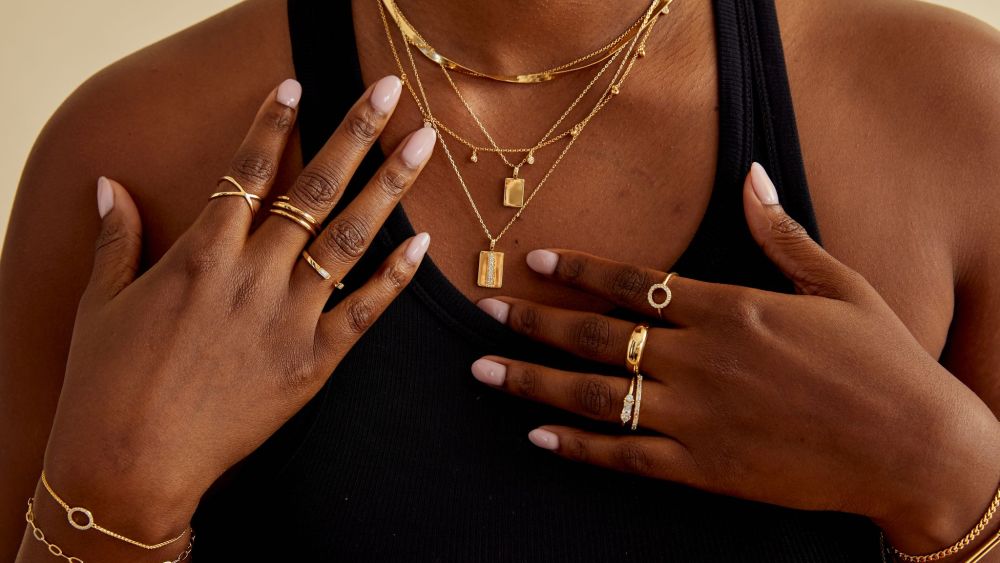It’s easy to take your ability to blissfully sail through life without ear pain for granted – until you suddenly can’t. Cue you suddenly searching for things like “why does my ear hurt?” and “how do you stop earache pain?” to try to get relief as fast as possible.
Whether you have throbbing ear pain on one side or both sides, it can be hard to think of anything else when you have an earache. But doctors say the best way to get on the path to ear pain relief is to figure out what’s causing it in the first place. Here’s what ear, nose, and throat specialists say could be behind your ear hurting based on your symptoms, plus next steps to take to stop the pain.
Experts Featured in This Article:
Courtney Voelker, MD, PhD, is a neurotologist and director of the Adult and Pediatric Cochlear Implant Program at Pacific Neuroscience Institute in Santa Monica, CA.
Linda Dahl, MD, FACOG, is a board-certified ob-gyn and cofounder of health and wellness platform Tribe Called V.
Why Does My Ear Hurt?
There are a few major causes behind most cases of ear pain, but the specifics of your symptoms matter. Here’s what could be causing your ear to hurt in a range of situations.
Why does my ear hurt when I swallow?
The opening to your eustachian tubes, which are tubes that help drain fluid from your middle ear and balance air pressure inside your ears, is in the back of your nose and throat, explains Courtney Voelker, MD, PhD, a neurotologist and director of the Adult & Pediatric Cochlear Implant Program at Pacific Neuroscience Institute in Santa Monica, CA. “It’s actually part of the palate, which is part of your swallowing mechanism,” she says.
If you have a middle ear infection, fluid can build up in your ear and create pain, Dr. Voelker says. Because the eustachian tubes are connected to the back of your throat, you may feel this pain more when you swallow.
But you can also have ear pain when you swallow thanks to a throat infection, says Linda Dahl, MD, an ear, nose, and throat specialist at Northwell Lenox Hill Hospital. “There are little nerves that go through your ear to get to your throat,” she says. “It’s referred pain.”
Why does the inside of my ear hurt when I touch it?
There could be a few possible causes if the inside of your ear hurts when you touch it, like by tugging on your earlobe. “It could be an external ear infection, like a swimmer’s ear,” Dr. Dahl says. (Swimmer’s ear is an infection of the outer ear canal, which runs from your eardrum to the outside, according to the Mayo Clinic.)
“Sometimes – and this is really common – it could be from clenching your jaw,” Dr. Dahl says. Your ear pain is more likely to be from clenching your jaw if you push on the front of the ear and have pain, adds Dr. Voelker.
Why does my ear hurt when I chew?
If you’re feeling pain in your ear when you take a bite of food or chew gum, Dr. Dahl says it’s likely related to the temporomandibular (TMJ) joint, which connects your jawbone to your skull. Temporomandibular disorders can cause pain and issues with the jaw joint, along with the muscles that control jaw movement-and they can also lead to ear pain, ringing in the ears, and dizziness, according to the National Institute of Dental and Craniofacial Research.
Why does my ear hurt and feel clogged?
There’s a “whole list of things” that could be behind this symptom, Dr. Dahl says. “My favorite is wax, because it’s easily fixed,” she tells PS. Though, this symptom could also be linked to eustachian tube dysfunction, where there’s clogging behind your eardrum, fluid in your middle ear, a middle ear infection, an external ear infection, or something actually stuck in your ear.
Why does my ear hurt when I yawn or burp?
Having ear pain when you yawn or burp could be linked to a huge range of factors, Dr. Dahl says, including a throat infection, middle ear infection, fluid in your middle ear, or an external ear infection. “It could also be from the temporomandibular joint-from clenching or grinding your teeth,” Dr. Dahl says.
Why does my ear hurt when I blow my nose?
This is probably related to your eustachian tube, Dr. Voelker explains. “When you blow your nose or sneeze, the air can go up the eustachian tube into the middle ear space,” she says. “That can cause the eardrum to inflate.” If you have any kind of inflammation or infection in the middle ear, it can cause a lot of pain, Dr. Voelker says.
How Do You Stop Earache Pain?
The best way to stop earache pain is to figure out what’s behind it first, Dr. Dahl says. “Symptoms of ear pain can be so general and the treatment can be so different that the best way to stop earache pain is to have it looked at.”
If you’re just having a little bit of pain that comes and goes, Dr. Dahl says you can try taking a pain-relieving medication like acetaminophen or ibuprofen and waiting a day or two to see what happens. “But if the pain is long-lasting, it’s getting worse, or it’s severe, it’s important to have it looked at,” she says.
Dr. Voelker also adds that you should see a medical professional if you’re dealing with any obvious redness, swelling, drainage, hearing loss, dizziness, and ringing on the side that you’re having pain. Treatments usually include things like antibiotics and/or ear drops, Dr. Dahl says.
Again, if you’re struggling with ear pain and can’t get relief, go get it checked out. Your doctor can recommend next steps from there.
